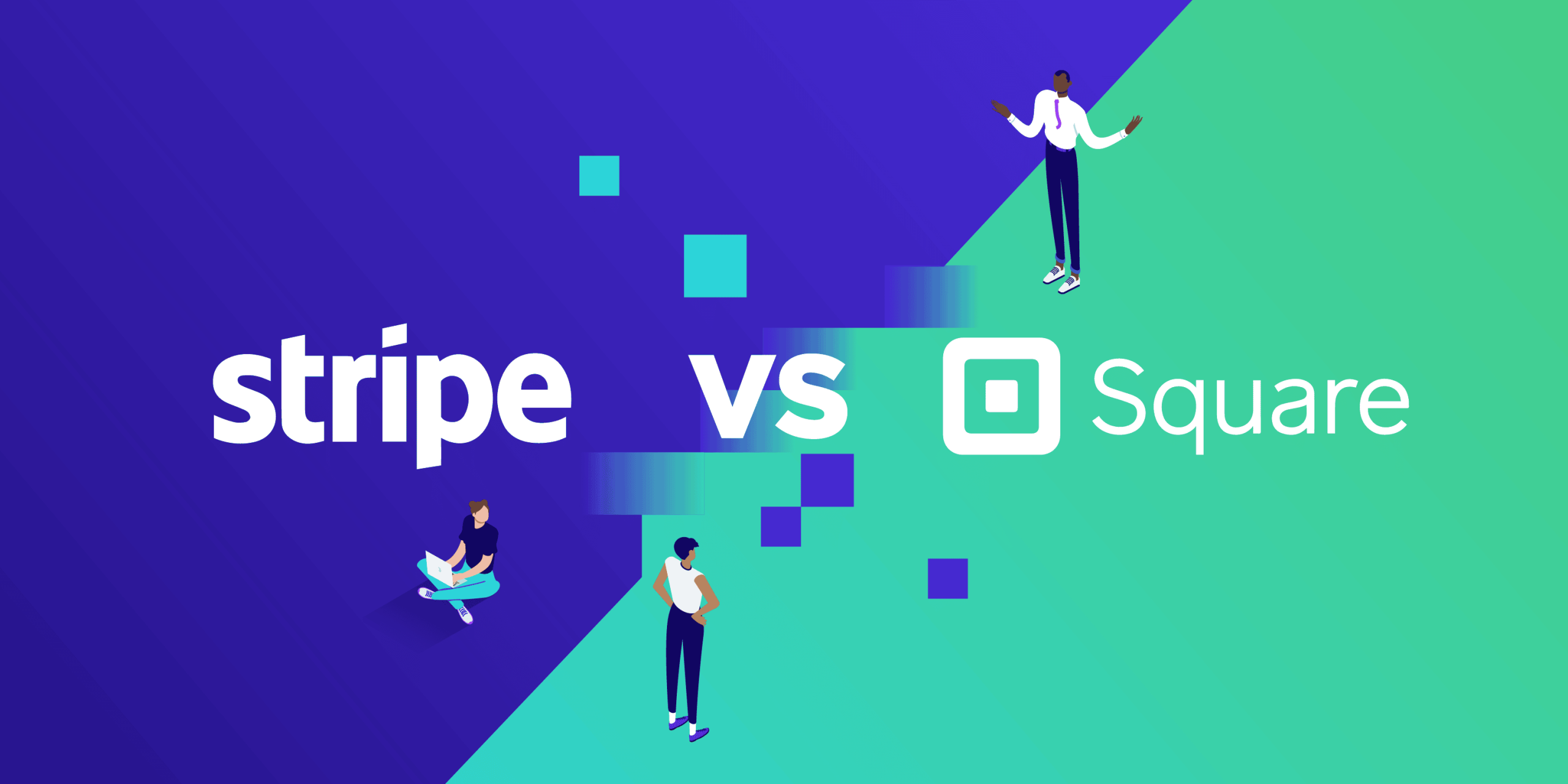Square vs Clover vs Stripe: The Ultimate 2025 Payment Gateway Comparison

Choosing the right POS system isn’t just about accepting payments — it’s about building a smoother, more profitable business. In 2025, Clover, Square, and Stripe each bring a unique approach to point-of-sale solutions. Whether you run a restaurant, retail store, or hybrid business, understanding these ecosystems helps you make an informed investment.
POS Comparison Table
Feature | Clover | Square | Stripe |
Hardware | Proprietary POS units | Affordable readers | 3rd-party terminals |
Setup Fees | Starts $499 | Free starter kit | None |
Monthly Fees | $9.95–$39.95 | $0–$60 | None |
Integrations | Moderate | High | Very high |
Offline Payments | Yes | Yes | No |
Customization | Limited | Good | Excellent |
Target Businesses | Retail & dining | Small business | Online brands |
Analysis: Clover’s Strengths
Clover delivers hardware reliability and in-store management like no other. From tableside ordering to advanced reporting, it’s a complete retail POS. However, its hardware-first model makes it less flexible for hybrid or online-focused businesses.
Analysis: Square’s Edge
Square sits between Clover’s POS focus and Stripe’s online agility. It’s ideal for small businesses that need easy setup, free tools, and predictable pricing. Square also integrates with eCommerce stores, but transaction fees can increase for higher-volume merchants.
Analysis: Stripe’s Role
Stripe is not a traditional POS — it’s a payment infrastructure built for scale. For businesses with online stores or recurring billing, Stripe offers unmatched customization, developer control, and automation potential.
Conclusion
- Choose Clover for in-store retail efficiency.
- Pick Square for quick setup and affordability.
- Go with Stripe for online dominance and flexibility
Search
Recent Post
-
Clover vs Square vs Stripe: Choosing the Right POS Ecosystem
-
Square vs Clover vs Stripe: The Ultimate 2025 Payment Gateway Comparison
-
Stripe vs Clover: Which Fits Your Business Best in 2025?
-
Negotiating with Payment Processors — A Merchant’s Playbook
-
How Payment Routing Can Save You 20% or More on Card Costs

